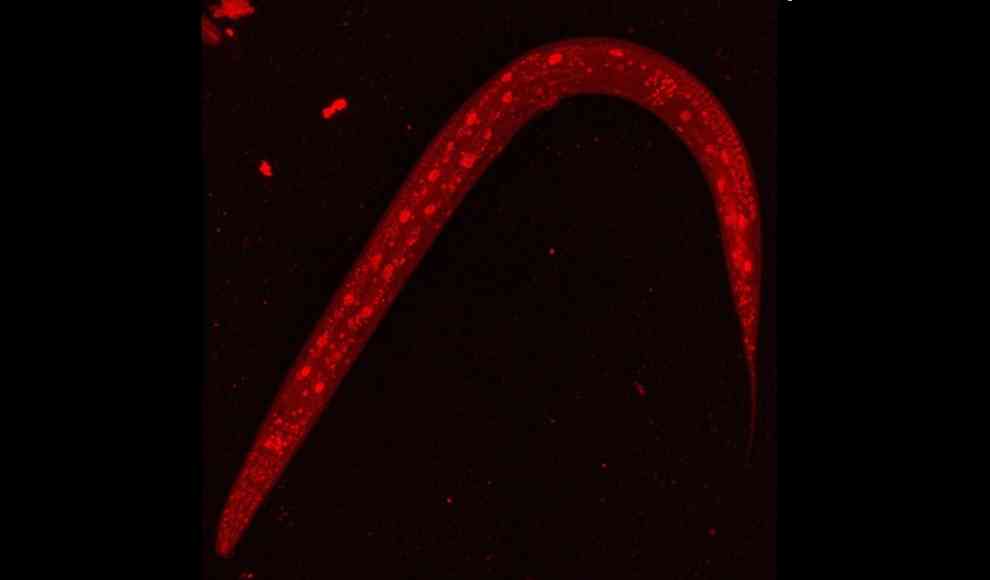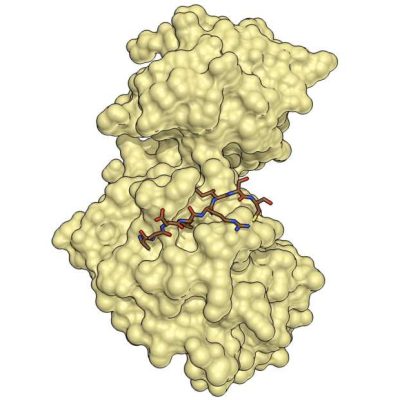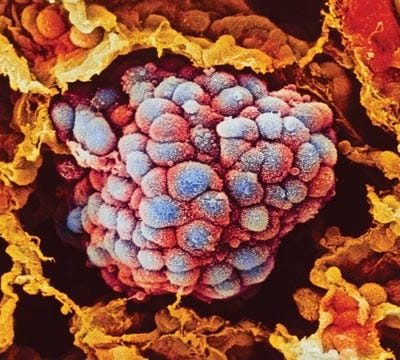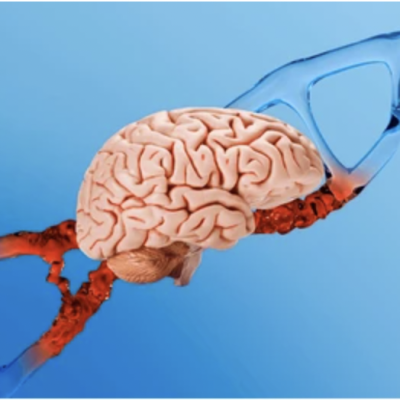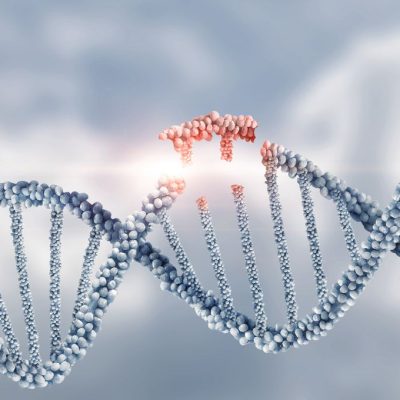A breakthrough study by scientists at the University of Basel has discovered a new mechanism that could significantly improve the memory of older individuals. The research, which was conducted on genetically modified nematode worms, found that the absence of the mps-2 gene led to a decline in long-term memory. The study’s findings could potentially lead to the development of a drug to treat memory loss in humans.
The human brain’s ability to store and retain memories is still not fully understood by medical science. However, researchers have identified certain components and interactions that contribute to this complex process. The study by the University of Basel focused on the mps-2 gene, which is responsible for storing information for a voltage-dependent ion channel in nerve cell membranes. The researchers found that the absence of this gene led to a decline in long-term memory in nematode worms.
The study’s findings are significant because the processes in the brains of nematode worms are almost identical to those in humans. This means that the discovery of the mps-2 gene’s role in memory retention could potentially lead to the development of a drug to treat memory loss in humans. The researchers also found that the protein NHR-66 regulates the activity of the mps-2 gene and the production of the MPS-2 protein. By deactivating NHR-66 or introducing MPS-2 protein, the researchers were able to improve the memory of older nematode worms to a level similar to that of younger worms.
The discovery of the mps-2 gene’s role in memory retention and the potential for developing drugs to treat memory loss in humans is a significant breakthrough in medical science. Further studies will be conducted to determine if the discovery can be used to develop therapeutic options for humans. The study’s findings highlight the importance of identifying the molecular processes involved in memory retention and the potential for developing drugs to treat memory loss in older individuals.


